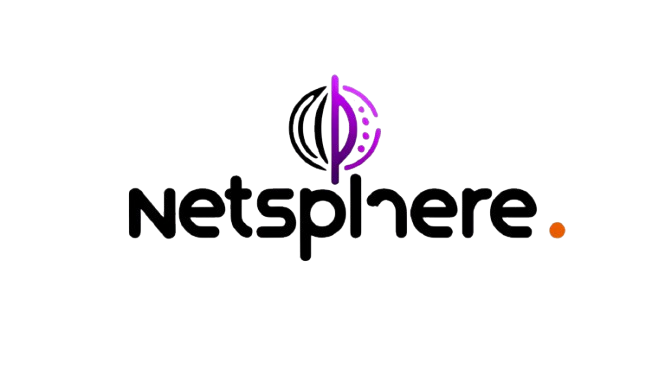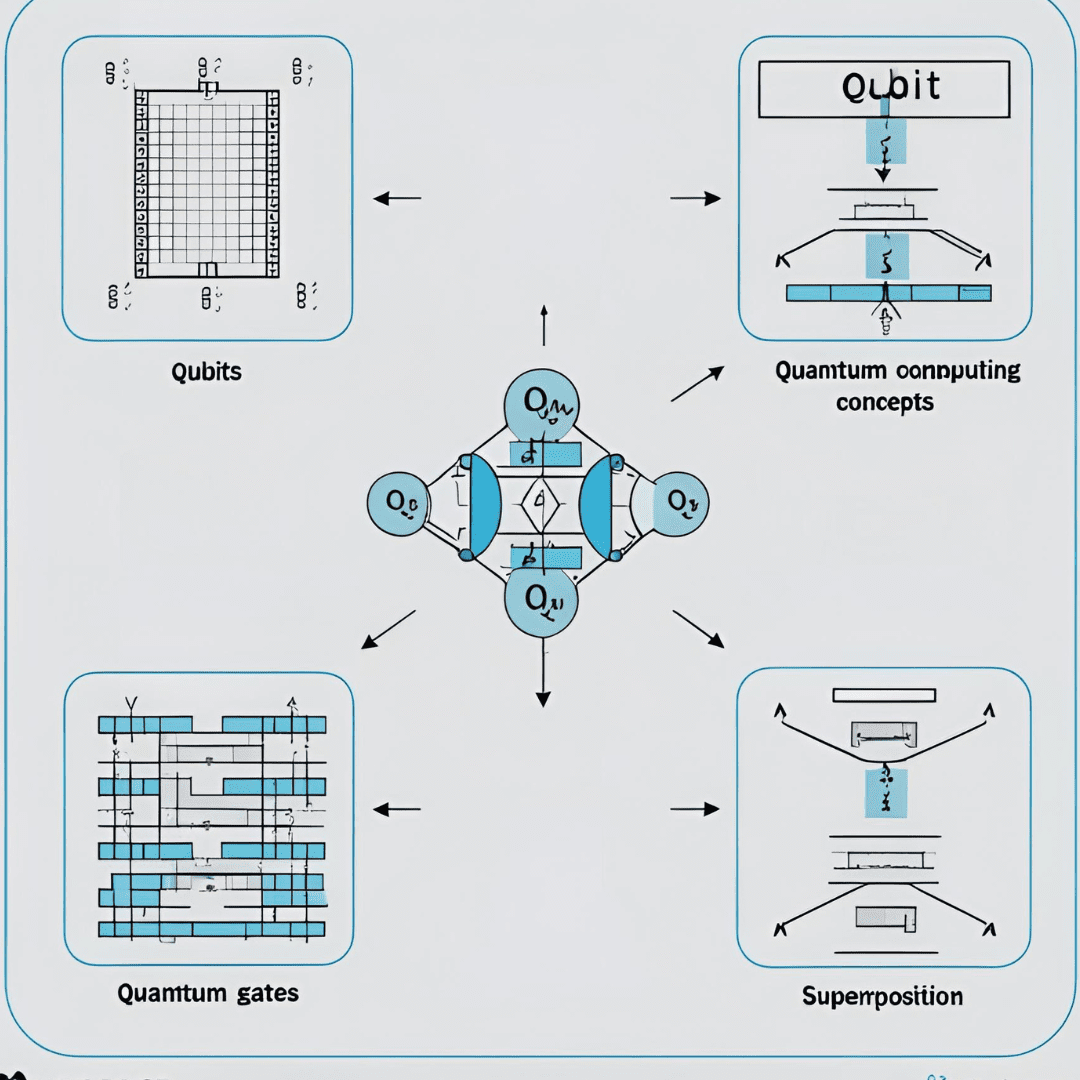Quantum computing is a fascinating and promising field, but it also involves many complex concepts that can lead to misunderstandings. As we hear more and more about it, it’s easy to fall for some popular misconceptions. If you still believe in some of these myths, don’t worry! Let’s break them down together.
Myth 1: “Quantum Computing Will Replace All Classical Computers”
This is one of the biggest myths about quantum computing. The idea that quantum computers will completely replace classical computers is actually a misconception. Quantum computing is not a replacement for traditional computers. It will be used to solve extremely complex problems that are practically impossible for classical computers to solve efficiently.
Problems like simulating molecules for drug discovery, optimizing logistics routes, and large-scale climate prediction are some of the examples where quantum computing will shine. However, for everyday tasks, like browsing the internet or running simple programs, classical computers will still be the best option.
In summary, classical and quantum computers will work together — classical computers for everyday tasks and quantum computers for the more complex problems.
Myth 2: “Only Big Companies and Governments Can Use Quantum Computing”
Another common myth is that quantum computing is exclusive to large tech companies or governments. This is partly true, as these organizations have the resources to develop and test quantum algorithms and hardware. However, this doesn’t mean that you and I won’t have access to this technology in the future.
Platforms like IBM Quantum Experience and Microsoft Quantum Development Kit are already offering free access to quantum computing simulators in the cloud. This means anyone with an internet connection can start learning and even experimenting with quantum programming. While physical quantum computers may not be common in homes or offices just yet, quantum cloud access allows anyone to explore this technology.
So, if you’re interested in learning more about quantum computing, access is at your fingertips, and it will become increasingly democratic.
Myth 3: “Quantum Computing Will Break All Security Passwords”
This is a particularly popular myth in the world of digital security. Many people believe that since quantum computers can perform immense calculations very quickly, they will be able to break any code or password. In reality, the quantum threat to security is real, but it’s not as immediate as it seems.
While quantum computing could, in theory, break some types of encryption used today, like RSA, quantum technology is still in its early stages. Furthermore, researchers are already developing quantum-resistant cryptography — also known as post-quantum cryptography — to protect systems from quantum computer attacks in the future.
So, while quantum computing may change the way we handle digital security, it won’t destroy the internet tomorrow. We are working on building systems that will be secure in the future.
Myth 4: “It’s Too Late to Learn About Quantum Computing”
Many people believe that, since quantum computing is such an advanced and complex field, it’s already too late to start learning about it. This is another myth that we need to break down. While quantum computing involves concepts that require a solid understanding of physics and math, it is becoming more accessible to beginners every day.
Today, there are many educational resources available for those who want to learn. From free online courses to simple tutorials and interactive platforms, you can start learning the basics of quantum computing without being a physics expert.
So, it’s never too late to start. If you’re interested in the topic, there are plenty of tools to help you dive into the world of quantum computing.
Myth 5: “Quantum Computers Will Solve All Problems”
Lastly, many people have the idea that quantum computing will be a panacea — or a magic solution to all of the world’s problems. The reality is that there isn’t a one-size-fits-all solution for every challenge, and quantum computers also have limitations.
Quantum computing is amazing for tasks that involve large amounts of data and parallel processing, but it’s not a solution for simple tasks, like running a spreadsheet program or watching videos online. There are specific areas where it will have a transformative impact, but we can’t expect it to solve all of society’s or the planet’s challenges.
In other words, quantum computing is a powerful problem-solving tool, but it doesn’t replace other technologies or solve all challenges.









